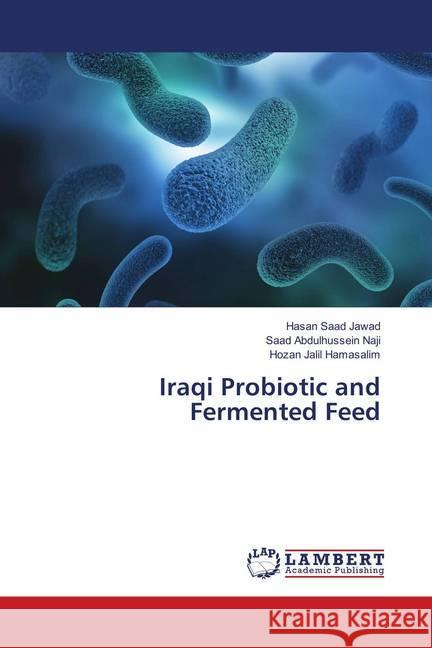Iraqi Probiotic and Fermented Feed » książka
Iraqi Probiotic and Fermented Feed
ISBN-13: 9783659897047 / Angielski / Miękka / 2016 / 88 str.
Probiotics (Greek: for life) are commonly defined as mono- or mixed cultures of live microbes. When applied to animals or humans, they exert a beneficial effect on health of the host. These beneficial effects include disease treatment and prevention as well as improvement of nutrients' digestion and absorption. Probiotic microorganisms are generally, albeit not exclusively, lactic acid bacteria (LAB) including Lactobacillus acidophilus, L. bulgaricus, L. casei, L. plantarum, and L. rhamnosus. However, use of other bacterial species such as Bacillus and Bifidobacterium spp. as probiotic strains have also been described in several commercial products. This book intends to present an up-to-date version regarding Iraqi probiotic, created by Prof. Saad Abdulhussein Naji (Department of Animal Resources, Dean of Agriculture Faculty, University of Al-Qadisiya, Iraq), currently been used in the poultry farms and health benefit obtained from its consumption. It is expected to have a wide-scale usage in the poultry industry in the coming years based on its positive impacts on the productive performance of chickens in the experimental periods.











